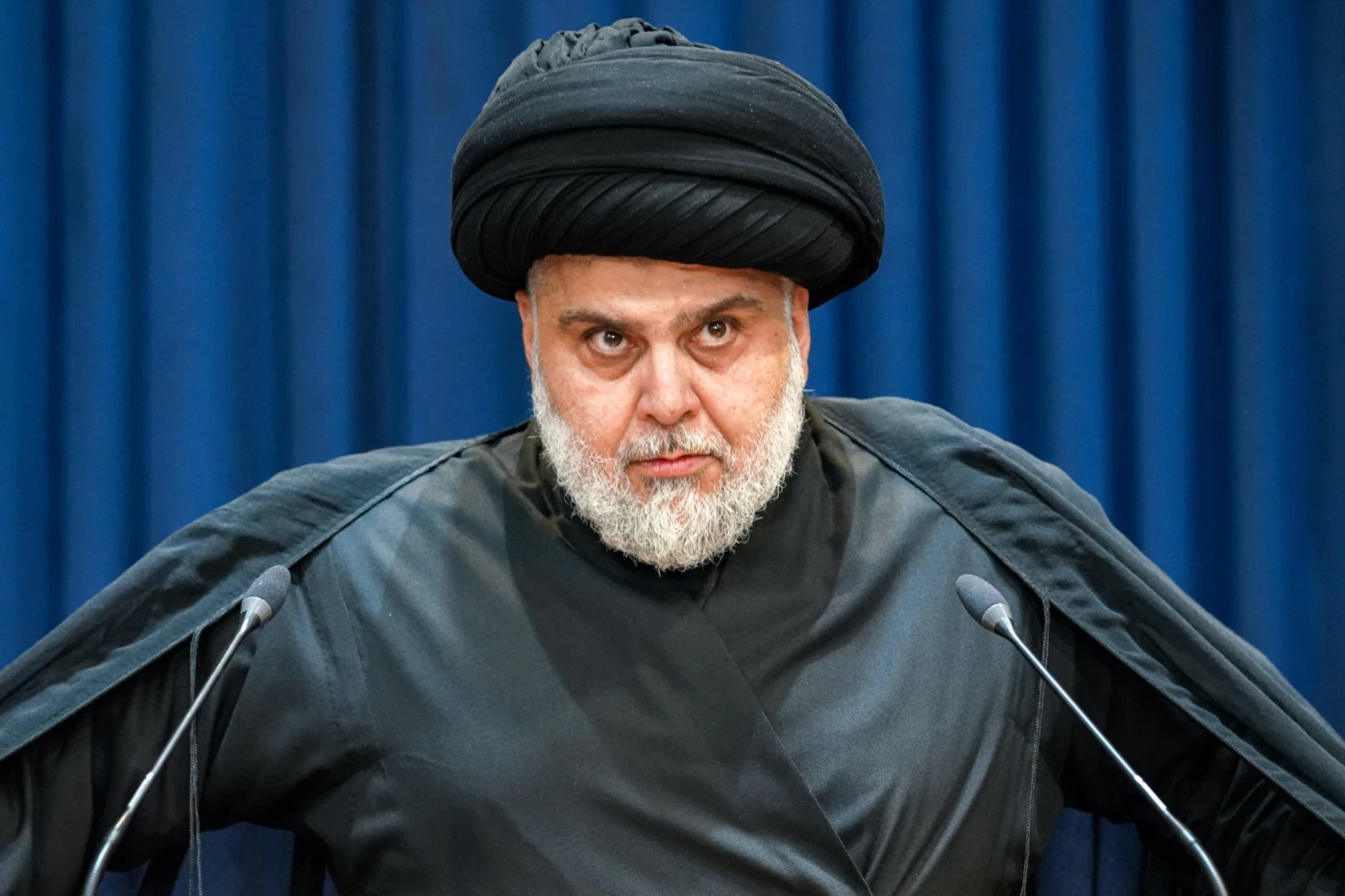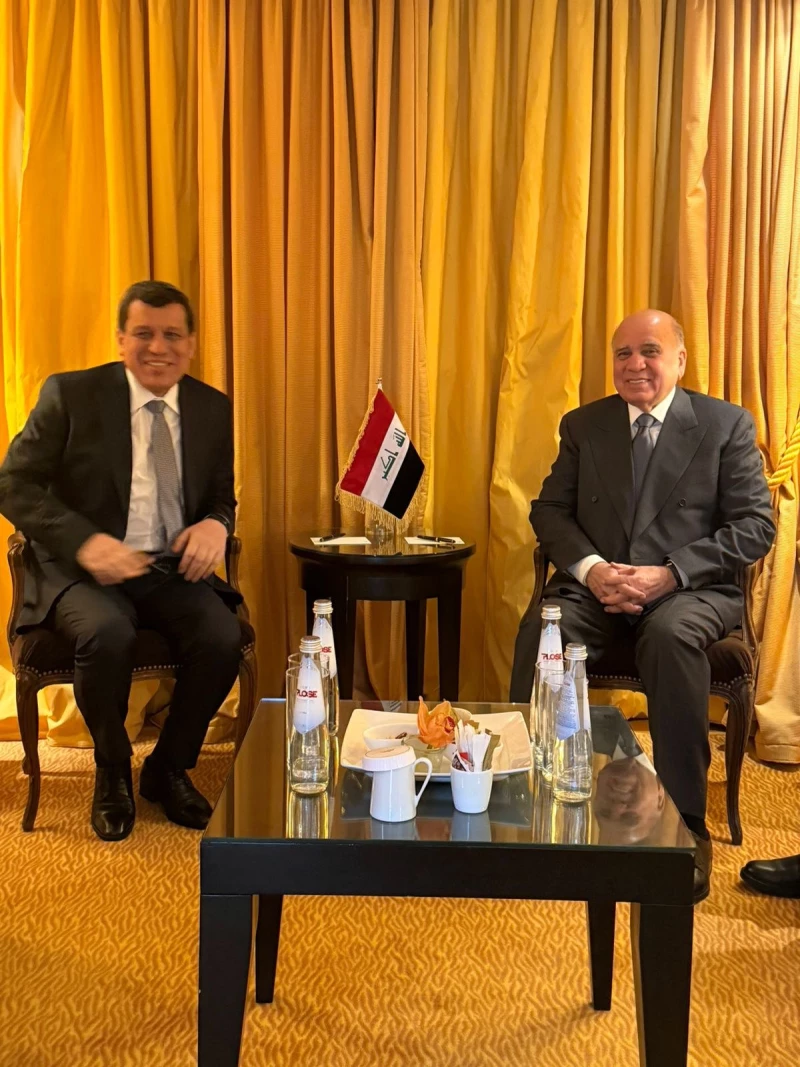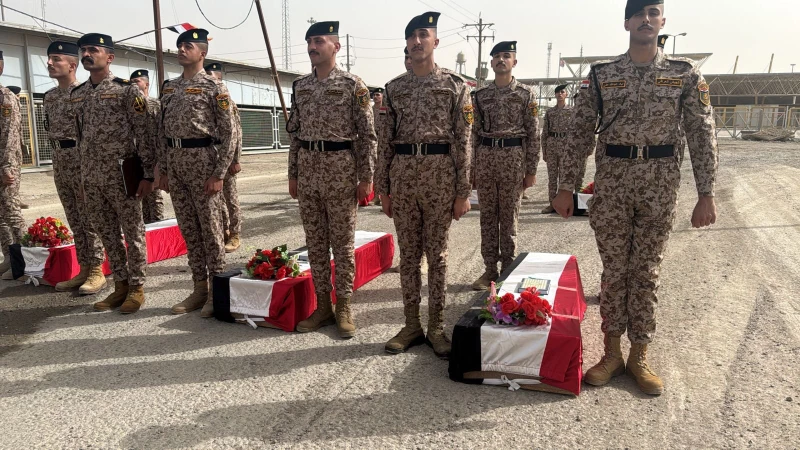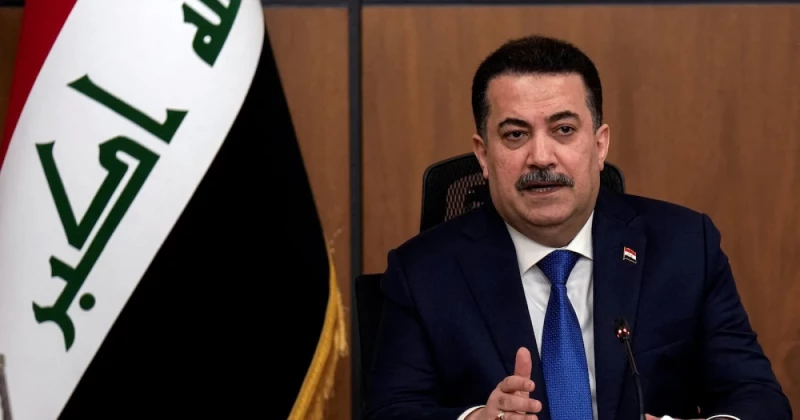ERBIL, Kurdistan Region of Iraq - Saleh Muhammad al-Iraqi, a close associate of Shiite cleric Muqtada al-Sadr and his National Shiite Movement, said Sunday that the movement is now pursuing reform outside the political process, staunchly defending its boycott of Iraq's upcoming parliamentary elections.
Iraqi, through an account often used to convey Sadr’s messages, published a statement followed by The New Region, saying:
“If you are asked: Why are you boycotting? Your answer should be this: yesterday they boycotted seventy-five Shiite deputies, and today we are boycotting them. If they say that boycotting the Shiite politician is forbidden, then the boycott of the 75 is also forbidden. And if they say: 'You are not Shiites,' we say: Then why do you want our votes?”
Sadr's party, then called the Sadrist Movement, won a majority of seats in the Iraqi parliament following the 2021 elections, but all of the Sadrist MPs resigned after failing to secure enough support within the legislature to form a majority government.
“We tried reform from within the electoral and political process, but we did not find a receptive ear... Today we are trying reform from outside the political process. The Eid al-Ghadir holiday stoppage succeeded without MPs, just as the criminalization law succeeded with the MPs,” Iraqi said.
Iraqi stressed that the movement remains committed. “We are soldiers of religion, the sect, and the homeland wherever we may be, inside the political process or outside it. We are all on full readiness in the face of both internal and external dangers.”
He asked: “How can we give our vote to someone who says we have foreign agendas?... And how can we give our vote to someone whose leaks show he wants to kill us and attack us in Najaf? Or give it to someone who blew up the Baiji refinery?”
The Baiji oil refinery, the largest in Iraq, was seized by Islamic State (ISIS) militants in 2014 before being retaken by the Iraqi military and the Popular Mobilization Forces (PMF).
Iraqi argued that the movement’s absence from the corridors of power in Baghdad has consequences. “If what you mean by the uselessness of the boycott is boycotting by the absence of a bloc and deputies, then the existence of the National Shiite Movement means disabling the formation of the government, continuing disputes, burning hospitals and ballot boxes, and bombing our brothers in Erbil and Anbar.”
“And it was said: that the National Shiite Movement wanted to return to participation in elections, as you claim, why did you oppose that? If their presence is a strength for the sect, then opposing their return is forbidden and weakens the sect; or if their presence does not affect the weakening of the Shiites, then be quiet and do not cluck,” he continued.
Iraqi also rejected claims that boycotting would only empower Ba'athist sympathizers. “If they say the alternative to boycotting is the power of the Ba’athists and their return, we said: check your candidates before accusing others, some of them are Ba’athists, you are the ones who brought them back, not us.”
He concluded that the only true alternative is comprehensive reform. “If they return, we will not be silent. The alternative to the boycott is comprehensive reform... to save Iraq through political and legal means without foreign interference.”



 Facebook
Facebook
 LinkedIn
LinkedIn
 Telegram
Telegram
 X
X


